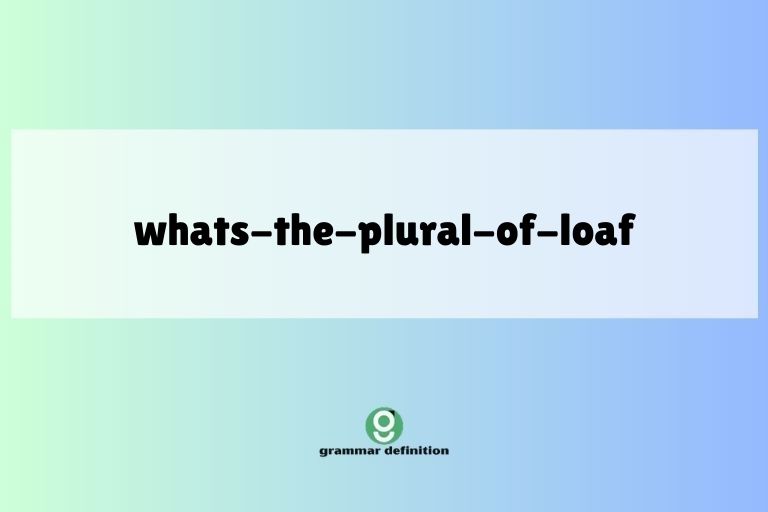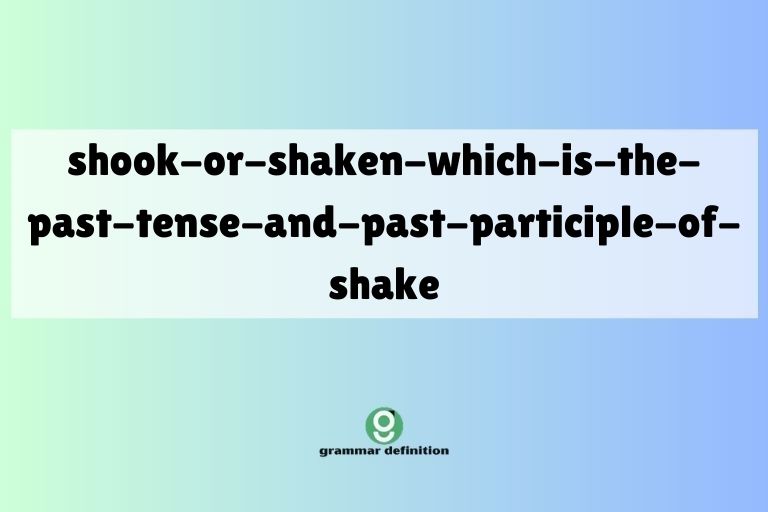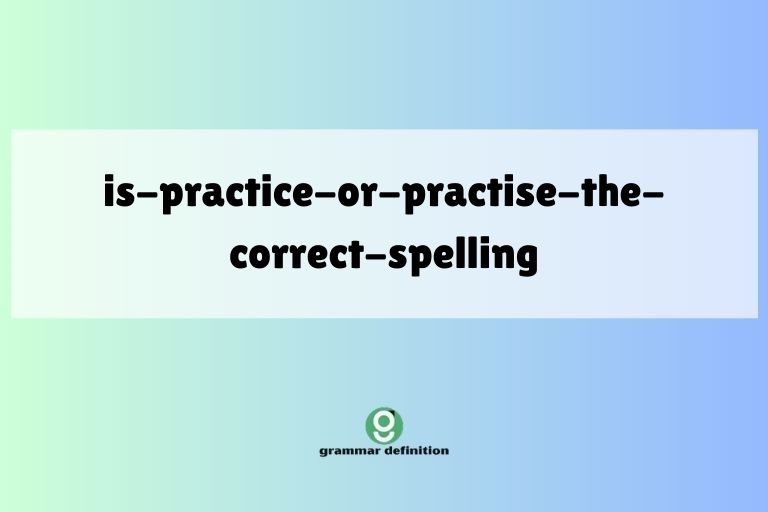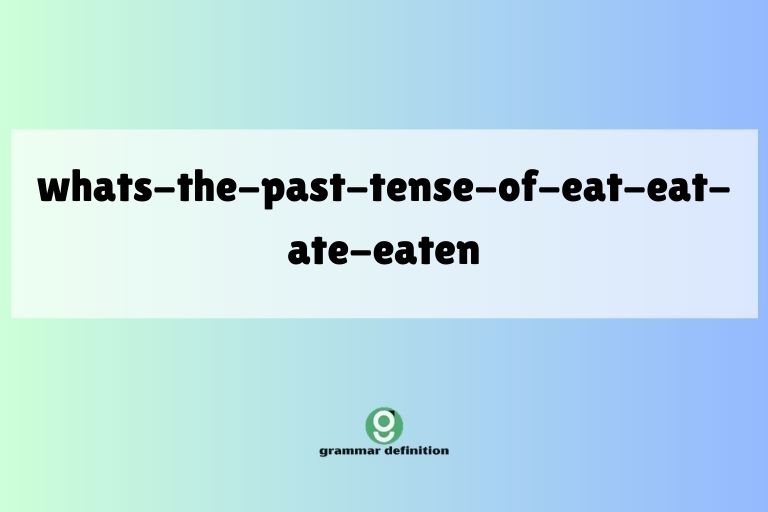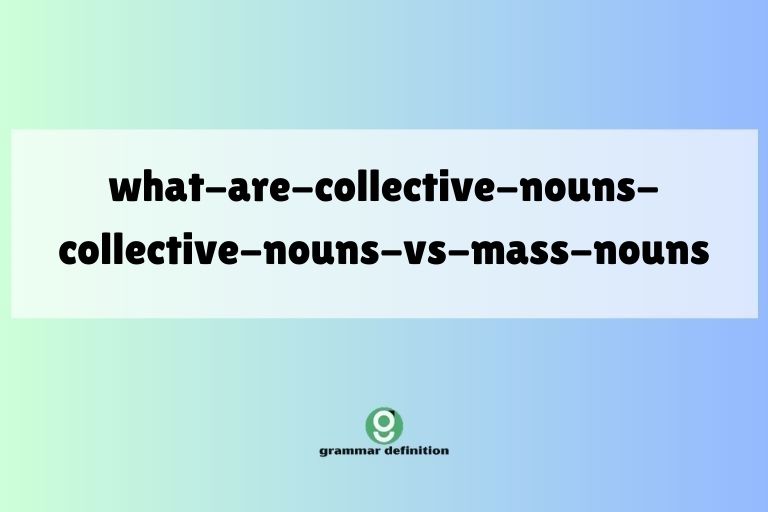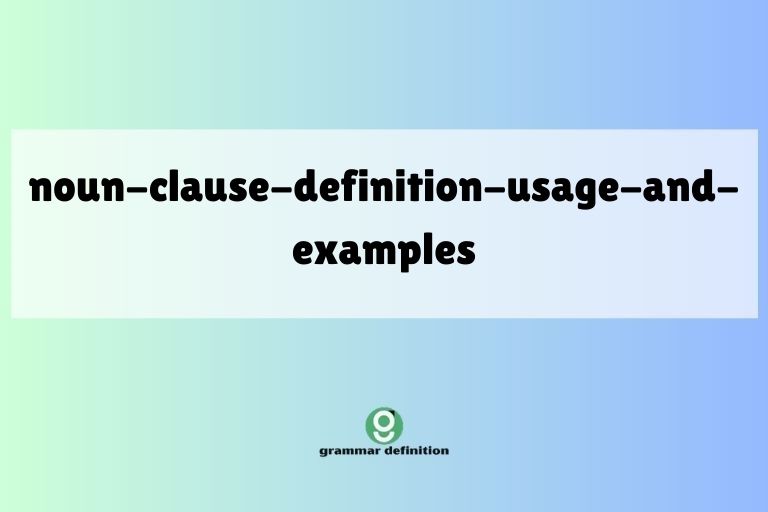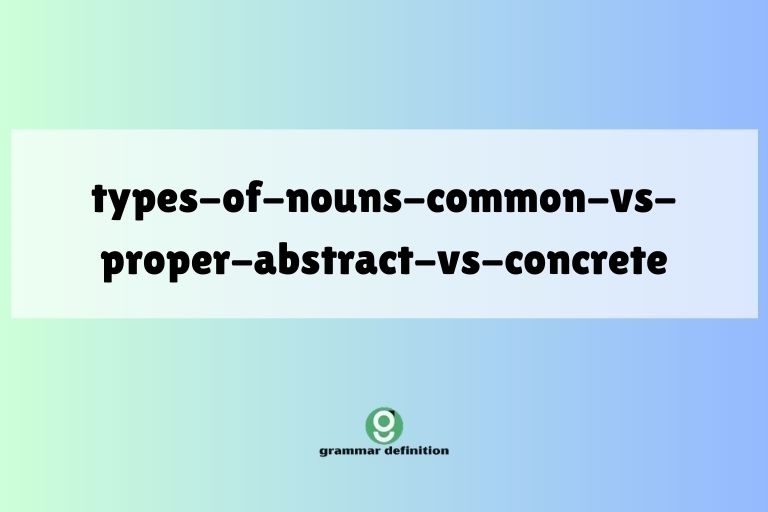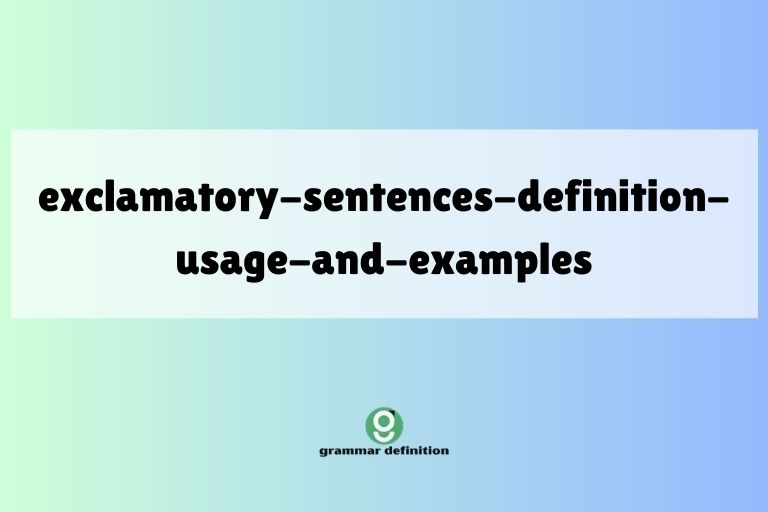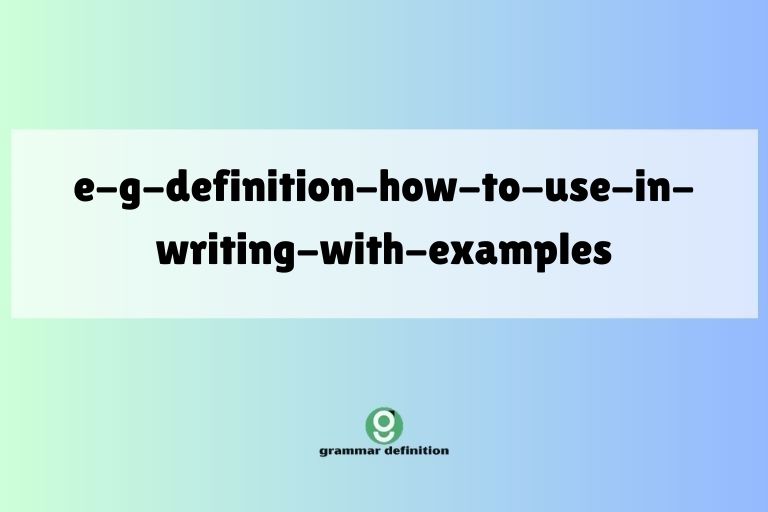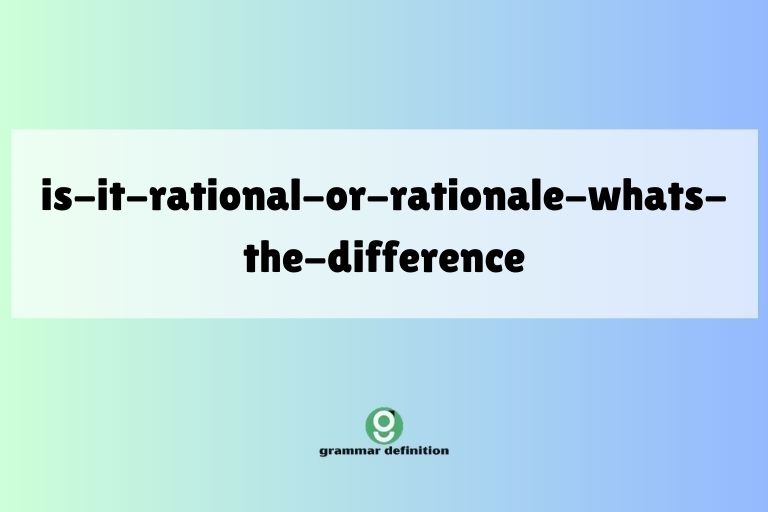What’s the Plural of Loaf? Mastering Irregular Noun Forms
Understanding how to form plurals is a fundamental aspect of English grammar. While many nouns simply add an “-s” to become plural, others, like “loaf,” follow different rules. Mastering these irregular forms is crucial for clear and accurate communication. This article provides a comprehensive guide to the plural of “loaf,” exploring its definition, usage, and … Read more

